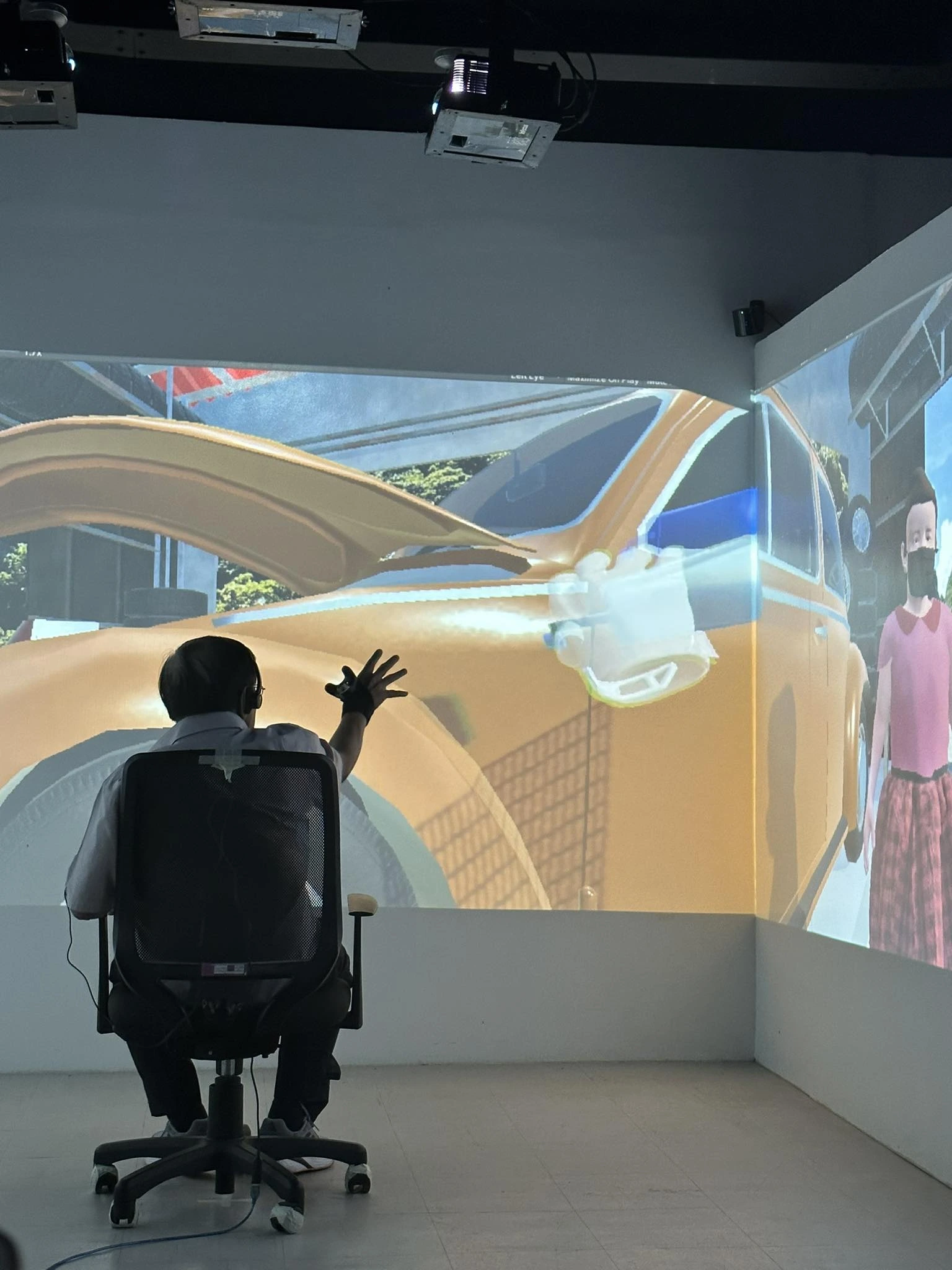HeaRTNovation
ImGTS for CP and Dementia
TECHNOLOGY GENERATOR
TECHNOLOGY GENERATOR
Dr. Veeda Michelle M. Anlacan
Dr. Maria Eliza R. Aguila
University of the Philippines Diliman
University of the Philippines Manila – College of Medicine
THE PROBLEM
Cerebral Palsy (CP) and Dementia are neurological conditions that significantly impact cognitive, motor, and daily life skills, each requiring specialized care. CP, typically affecting children, arises from early brain damage, leading to motor difficulties like muscle stiffness, coordination issues, and, in some cases, cognitive impairments. Dementia, often affecting older adults, causes a progressive decline in cognitive functions such as memory and executive functioning, with behavioral changes and, in certain types, motor symptoms.
While current treatments for these neurological conditions involve a combination of tailored therapies, medications, and support systems aimed at improving quality of life and managing symptoms, these approaches often fall short in terms of patient engagement and motivation. Conventional therapies can become repetitive, leading to reduced participation and slower progress, particularly in long-term interventions. There is a pressing need for a technology that supports sustained engagement, personalization, and adaptability to keep patients motivated and involved in their treatment journey.
THE SOLUTION

Supported by the Philippine Council for Health Research and Development (PCHRD), the “Immersive Technology Applications in Healthcare” program is a collaborative effort between the University of the Philippines Manila and the University of the Philippines Diliman. This initiative led to the creation of the Augmented Experience E-health Laboratory (AXEL), a specialized facility for developing and testing cutting-edge healthcare technologies. One key innovation is the Immersive Gamification Technology System (ImGTS), which potentially addresses the therapeutic needs of individuals with neurological conditions, such as CP and dementia, through interactive and adaptive game-based modules.
ImGTS has demonstrated significant potential in enhancing cognitive and motor functions through engaging, personalized experiences that foster consistent participation and improve therapeutic outcomes. In a Phase 1 study on dementia, conducted with a head-mounted display (HMD) and Semi-CAVE setups, the system showed positive results, including minimal VR sickness, ease of task completion, and neutral to positive satisfaction ratings, highlighting its safety and usability. A separate evaluation of children with CP aged 6–12 years further confirmed the system’s effectiveness in improving motor skills, with participants reporting minimal fatigue and describing the experience as enjoyable. The high levels of usability, safety, and satisfaction observed across both studies underscore ImGTS’s potential as a valuable, interactive tool for rehabilitation, offering a safe and impactful approach to supporting cognitive and emotional well-being.
TECHNOLOGY DEVELOPMENT STATUS
The technology is currently at Technology Readiness Level (TRL) 6, having advanced beyond initial laboratory validation. It is now undergoing Phase 2 pilot-scale testing and Phase 2 clinical trials to assess its effectiveness, safety, and scalability in actual clinical settings.
CURRENT NEEDS
The technology owners are seeking partners for further development of the technology to ensure effective integration and scaling of ImGTS for individuals with CP, dementia, and similar neurological conditions. Interested parties are encouraged to submit letters of intent to the contact details provided below.
CONTACT DETAILS
Technology Transfer and Business Development Office
University of the Philippines Manila
2/F UP Manila Main Building, Joaquin Gonzales Compound, Padre Faura Street, Ermita, Manila
Phone: +632 5310 5731 Telefax: +632 5310 5727
Website: ttbdo.upm.edu.ph
upm-ttbdo@up.edu.ph




